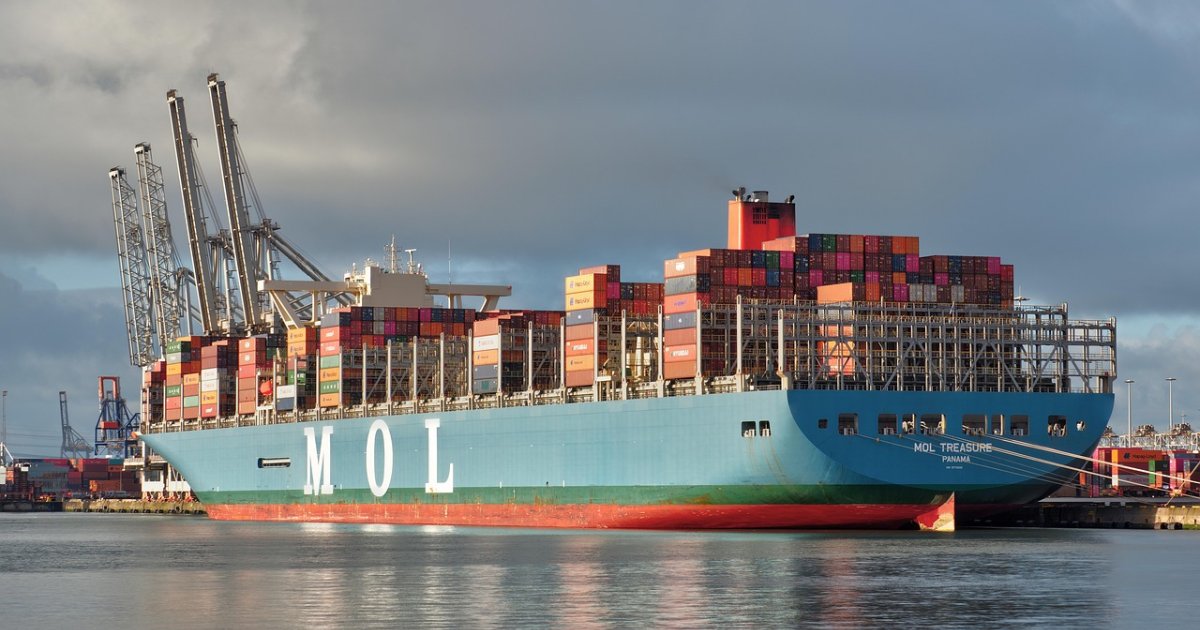Tariffs Spur Price Increases

By Mark Seavy
As suppliers awaited President Trump’s decision on a new round of tariffs, many were preparing price increases to help ward off their impact.
In many cases, increases had already been imposed when the first round of 10% tariffs on Chinese imports took effect on March 4th. Then, 25% tariffs were added for goods arriving to the U.S. from Mexico and Canada. But a new round of reciprocal tariffs that will apply varying levies to different countries was announced on April 2nd. These reciprocal tariffs will range from 10% for the U.K., Singapore, and Brazil to 46% for Vietnam and an additional 34% (on top of the 20% previously imposed) for China, and will pose yet another challenge in a U.S. market already beset by inflation. The baseline 10% tariffs take effect April 5th, while reciprocal levies start on April 9th.
Retailer Five Below, for example, has implemented “selective price adjustments” across merchandise that carries $1 to $5 prices, CFO Kristy Chipman said. About 60% of Five Below’s total cost of goods is for products imported from China. The potential breadth and magnitude of this new proposed round of tariffs is “significant,” Chipman said. Five Below is also cutting 20,000 SKUs to focus on “high impact” items priced under $5.
“We’ve been very, very careful and surgical about where we are looking at price adjustments both up and down,” Five Below CEO Winnie Park said. “And, again, what we want to do is simplify the price position so that the customer begins to see more of those whole price points. It becomes much easier to shop and much easier for our stores to operate.”
In the case of Basic Fun!, the toymaker started preparing for the 10% tariff in February and “found a way to make it work,” CEO Jay Foreman told CNBC. But the uncertainty surrounding this new round of tariffs has been “freezing” business, he said.
Many of Basic Fun!’s partners have delayed shipments and held off on placing orders until the impact of the new tariffs is clear, Foreman said. For example, if the new round of tariffs further increases costs, products like Basic Fun!’s licensed $10 Tonka truck would increase to $12 and a $15 Care Bears plush would jump to $19, he said.
“Consumers are putting together a shopping basket, so it is not just the Tonka truck that goes into the shopping basket,” Foreman said. “It is all the other products and those increases of $1, $2, and $5 dollars really start to add up. It makes it difficult for consumers trying to make ends meet when you add tariffs to these types of goods.”
The potential price increases would likely be imposed starting mid-summer for fall shipments and could carry through to spring 2026 and affecting new product introductions, industry executives said. PVH Corp., which owns the Calvin Klein and Tommy Hilfiger apparel brands, for example, is readying a relaunch Calvin Klein womenswear for the fall after ending its outbound licensing agreement with G-III Apparel.
“For all the progress of 2024, we’re starting this year with some obvious headwinds,” PVH CEO Stefan Larsson said. “Our industry is facing uncertainty around U.S. consumer demand and with macro pressures in mind, we have already taken proactive cost and efficiency actions to reflect the current environment.”
Strategies to adjust to the current environment, however, are unlikely to include a return to manufacturing in the U.S. While many companies are reducing their reliance on Chinese manufacturing, that means they are shifting some production to neighboring countries—not the U.S., licensing executives said. Additionally, the Toy Association, along with similar organizations in other countries, is pushing for toys to be made “tariff-free” as trade deals are revised. Any changes would follow the guidelines set in the 1994 Uruguay General Agreement on Tariffs and Trade, which created the World Trade Organization and aimed to reduce trade barriers.
“The unique problem the toy industry has is there is no manufacturing here [in the U.S.],” Foreman said. “We want to be making Caterpillar and John Deere trucks here, not small Tonka trucks and figures. Those aren’t the jobs that the President is suggesting coming back to the U.S. The toy industry must look outward for production to keep toys inexpensive and high quality. That usually means foreign markets, typically in Asia.”




